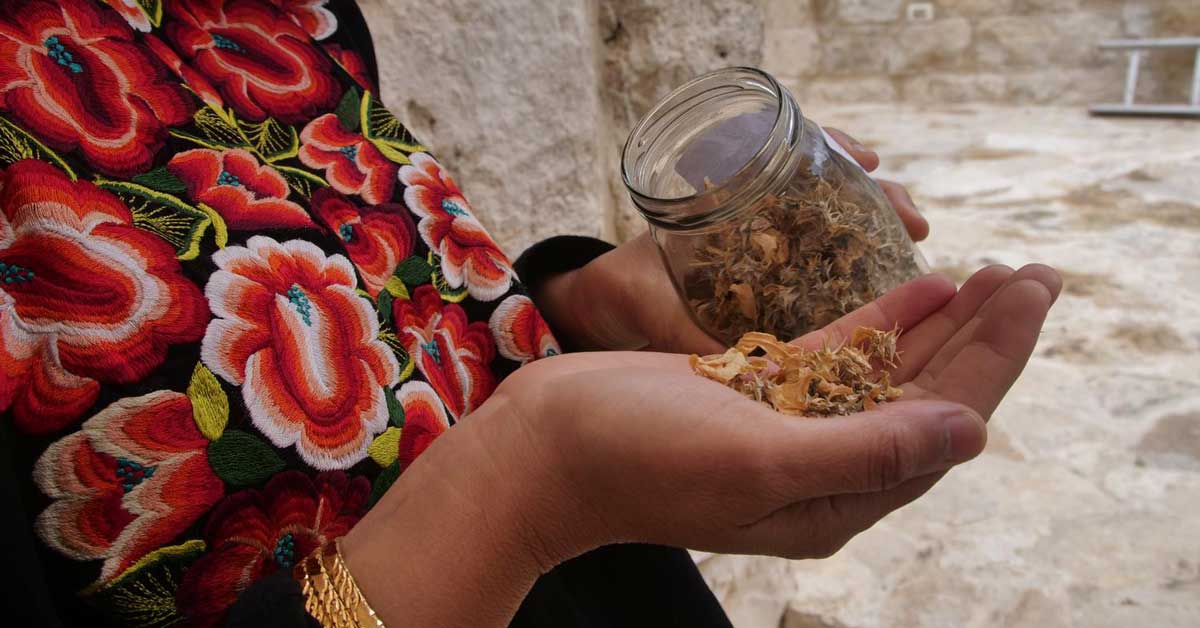Jane Goodall has long been famous for her work in conservation and biodiversity. In fact, it’s been 65 years since she first embarked on her groundbreaking research on wild chimpanzees in Tanzania.
Since then, her nonprofit, the Jane Goodall Institute, has protected over millions of acres of ecosystems, saved more than 5,000 chimpanzees and gorillas, and has supported 130 communities worldwide.

In 2019, the organization announced that it received a boost from the United States Agency of International Development, or as it’s better known, USAID. With support from the agency, JGI created the Landscape Conservation in Western Tanzania initiative, a five-year, $29.5 million program.
It expanded the work of JGI Tanzania to mitigate threats to chimpanzees and their ecosystems, right in the very region where a young Goodall once lived alongside the apes.
The funding also allowed the organization to work with local governments to improve sustainable land use planning, expand sustainable livelihoods, and provide access to reproductive health and family planning resources for village communities.
The program was officially launched in 2023, but now, in the wake of sprawling cuts to USAID by the Trump administration, JGI has lost its federal dollars.

It is believed that the cuts have defunded 98% of USAID’s work in conservation, biodiversity, and climate-related programs. With Goodall’s Tanzania program on the line, the impacts of losing those dollars would be devastating.
One area of major concern was a reforestation effort in Tanzania’s Gombe Masito Ugalla biosphere reserve. Over the years, JGI’s work in this area has led to the designation of 1.75 million acres of forest reserves and a 50% reduction in deforestation rates.
This has been a key factor in protecting local wildlife populations, including chimpanzees, elephants, buffalo, and lions.

Without USAID dollars, this progress could unravel.
So, Ecosia stepped in. The Berlin-based search engine donates 100% of its profits to climate action and has planted over 200 million trees across the globe since its inception in 2009.
In partnership with JGI Austria, Ecosia has offered $100,000 in support over the next three years to help save the Gombe reforestation project.
“We’ve worked closely with the Jane Goodall Institute over the past five years, planting nearly two million trees to restore chimpanzee habitats and safeguard biodiversity in Uganda,” a statement from Ecosia reads. “So when our friends at the Institute got in touch about the at-risk seedlings in Tanzania, we acted fast.”
Although the donation does not cover the original $29.5 million in funding, it is earmarked to pay for the planting of 360,000 seedlings, the protection of the 20 existing nurseries, and the preservation of local jobs overseeing the care of these trees.
“Our pledge … will ensure 20 tree nurseries can continue growing endemic, native species, including valuable food sources such as avocado, lemon and mango,” Ecosia continued. “Once planted, the trees will restore large areas of cleared forest and provide migration corridors and essential habitats for endangered species, including chimpanzees.”

Ecosia also shared that it will provide additional operational support, including satellite imagery and local monitoring of the trees, as well as support for farmers by promoting sustainable agroforestry practices that enhance soil health and boost crop yields.
This endeavor wouldn’t be possible without the support of Ecosia’s 20 million users, the company shared.
“This partnership shows that even when hope feels lost, people and partnerships can still drive climate action,” the Ecosia statement concluded. “We’re standing with the Jane Goodall Institute to protect habitats, support local communities, and defend biodiversity, one tree at a time.”
Similarly, Diana Leizinger, the director of JGI Austria recognizes Ecosia’s significant role in continuing this important work.
“We refuse to abandon people and nature,” she told The Guardian. “Where hope could have been destroyed, we are helping it grow again.”
You may also like: Jane Goodall talks hope, aging, and great apes in new 'Call Her Daddy' interview
Header image courtesy of Roy Borghouts/Jane Goodall Institute



